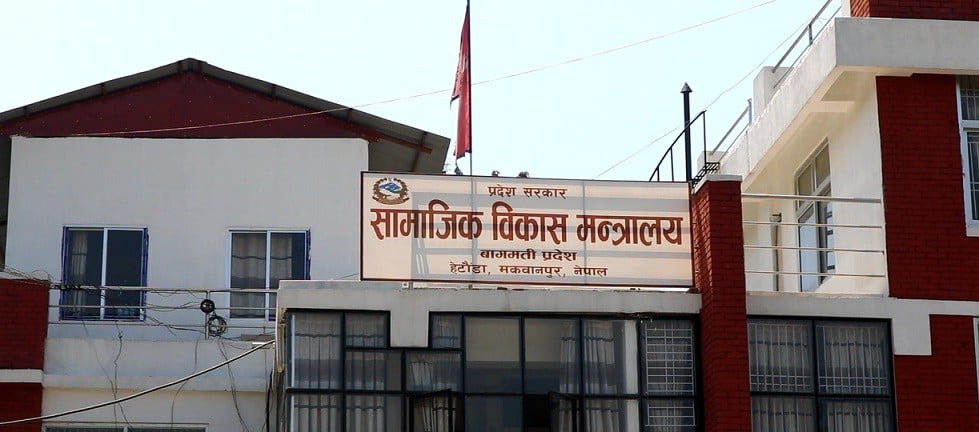Youth Scientists Promotion Program: Only 21 m of 250 m spent in three years

KATHMANDU, Aug 1: The Youth Scientist Promotion Program, introduced by Bagmati Province with an aim to promote startups and innovations, has reported dismal performance on expenditure.
Of the allocated amount of Rs 250 million, the program managed to spend only Rs 21 million in the three fiscal years. It accounts for only 8.4 percent of the total allocation.
The program was introduced by province’s Ministry of Social Development in fiscal year 2018/19. Though the ministry aimed at promoting scientific research in five different genres, the implementation aspect turned out to be poor.
The Bagmati government allocated the budget to encourage youths to expedite research works such as converting petrol or diesel vehicles, used in national parks, into electric ones, and introducing new technology to enhance the productivity of red mushrooms found in hilly belts. The budget also aimed at inventing the third method of changing human teeth, generating bacteria, which is used to produce enzymes for fisheries, in local ponds, and exploring natural herbs and chemicals found in the Bagmati region, and using them in medicine production and treatment.
Of the four budget-titles, the ministry approved only Rs 1 million rupees for the purpose of converting the petrol, diesel-run vehicles into electric onels. As much as Rs 1.9 million was earmarked.
A total of Rs 3,494,301 was allocated for research on the use of new technology to increase the productivity of red mushrooms. So far, Rs 760,833 has been spent.
Only Rs 2.7 million was spent to conduct research on producing bacteria to be used in fishery business although Rs 7 million was allocated.
Of the total allocated amount of Rs 6,967,569 for research on natural herbs and chemical elements and their use in the treatment sector, less than half --- Rs 3.3 million--- was used up.
The ministry reported that only Rs 870,000 was spent for the research on the new technology for teeth implantation. A total of Rs 1.5 million was allocated for that topic.
Click here to read the news in detail.









Leave Comment